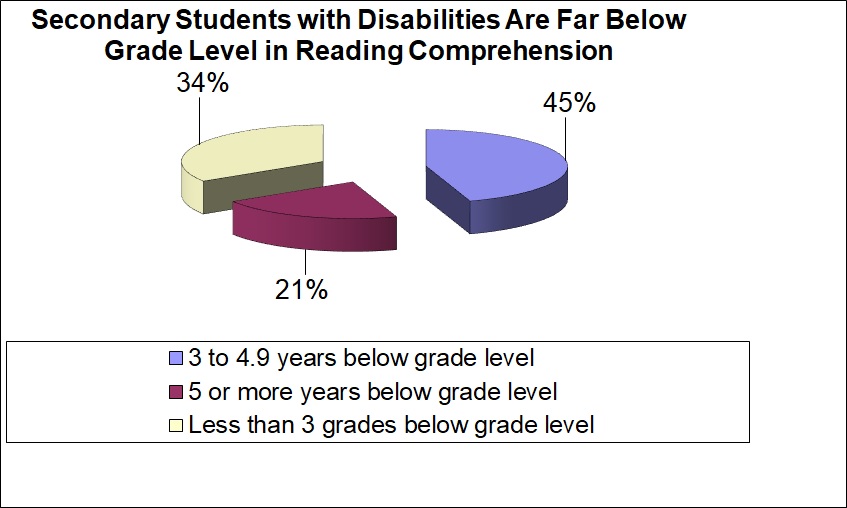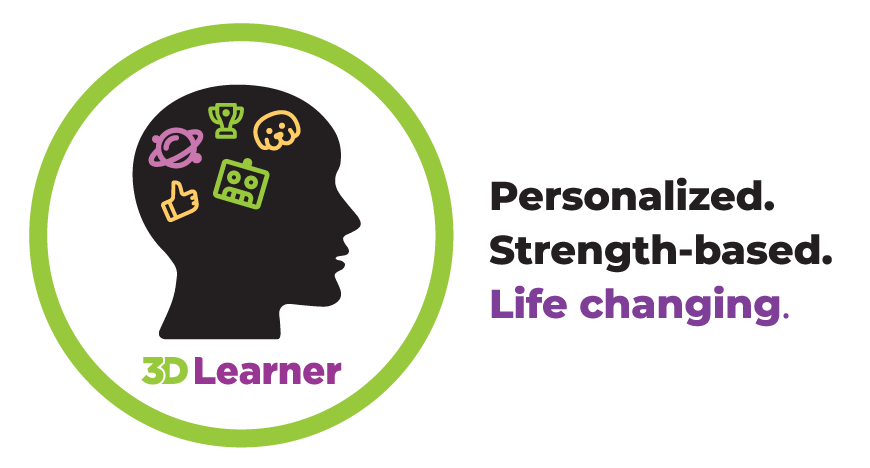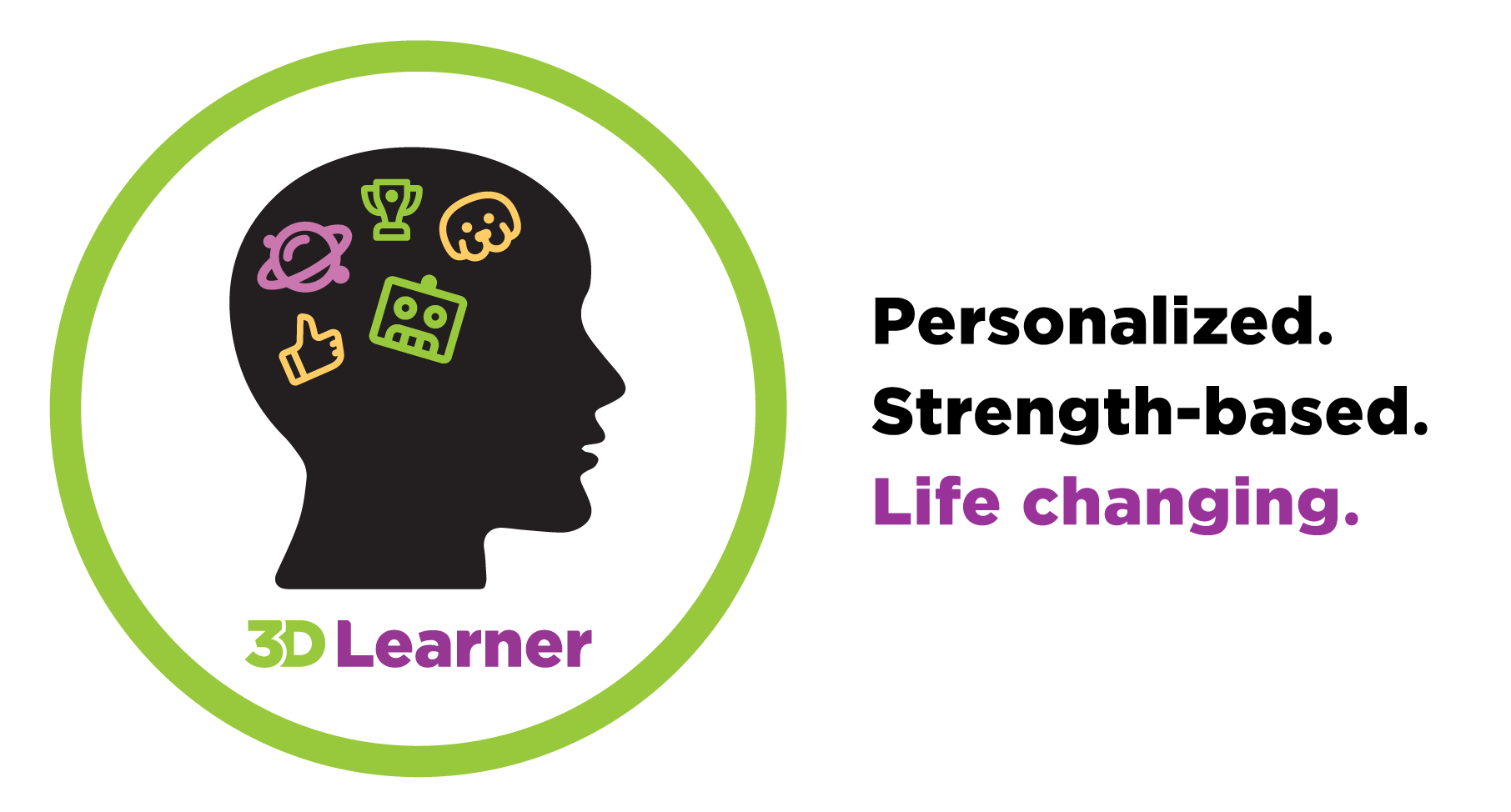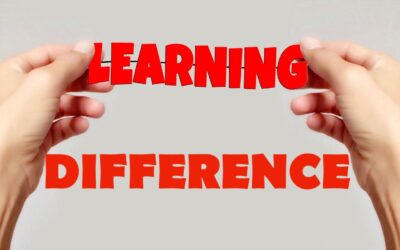The neurodivergent, right brain or kinesthetic learner in 4th, 5th and 6th grades missed critical time in school during the pandemic. They often struggle with reading fluency, reading comprehension, math word problems, processing issues and may struggle with anxiety and frustration.
This blog post focuses on the significant risks and opportunities for smart kids who learn differently, the key strengths and challenges of the neurodivergent, right brain or kinesthetic learner, examples of our successes and the pivotal role parents play.
If you would like to discuss how to help your child succeed, you can either
call us at 561-361-7495 or schedule a call at “Let’s Discuss How to Help Your Child Succeed”
9 key points we wish to stress are:
- Many smart struggling students are neurodivergent, right brain or kinesthetic learners. These are the kids who learn best when they see and experience information. They are often a lot smarter than present results would indicate. They often have a sea of strengths and challenges. Most school based and outside interventions fail to recognize and capitalize on these strengths and the need to engage the student in the learning process. You can access our no cost screening tool at
Is My Child a Neurodivergent, Right Brain or Kinesthetic Learner?
- There is a significant risk that things will get worse.
- These students can do far better with an integrated, engaging and effective system that significantly improves reading fluency, reading comprehension, math skills, attention, executive function skills, and confidence, while reducing anxiety. We have found it important to:
- Tailor solutions to meet the student’s needs
- Leverage their strengths and engage them in the learning process
- Identify and addresses their challenges
- Lower their anxiety and boost their self-esteem
- Helps parents to secure the help the schools can provide
- Helps the parents to be more effective coaches and advocates for their child
- Psycho-educational testing by itself is valuable, but the benefits are much greater when it leads to a transformational program that allows your child to make significant progress.
- For those students with dyslexia, a dyslexia treatment is often recommended. The Science of Reading, that focuses on improving reading fluency, may be an integral part of the solution, but most of these programs are not designed to improve:
- Vocabulary and reading comprehension
- Math and writing skills
- Attention, working memory and processing speed — executive function skills
- Your parenting skills
At 3D Learner, we address dyslexia and reading fluency issues with the UFLI Program ®, a dyslexia intervention developed by the University of Florida Learning Institute. It is an excellent option, that allows us to tailor a solution to meet your child’s specific needs.
- For those students with ADHD, Attention Deficit Disorder, ADHD medication is often recommended. We use the Interactive Metronome ® to improve attention. This can either be used to complement medication or as a stand alone offering. Our students have done very well with the Interactive Metronome, that has several unique benefits:
- It builds neural connections in the brain, that are still there years later.
- It works all day, so you do not have the problem of your child having difficulty paying attention when doing homework, because the medication has worn off.
- It also improves handwriting, reading and math fluency, sports skills and impulse control.
Note, the Interactive Metronome produces very different results, depending on the provider. We have used it for over 24 years with excellent results.
- If your child is a neurodivergent, right brain or kinesthetic learner, it is up to you to find the solution that can help your child be all they can be.
- 3D Learner has helped thousands of neurodivergent, right brain and kinesthetic learners to make significant gains in months.
If you would like to discuss how to help your child succeed, you can either
call us at 561-361-7495 or schedule a call at “Let’s Discuss How to Help Your Child Succeed”
One mom commented, “How is it you know my child better after less than 10 minutes than people who have taught him for years?. Our response, “That is our focus, helping kids who learn differently succeed.”
Her son gained 3 years in his reading comprehension is less than a year. His teacher said, “Tyler made more progress in a year than any child I have had in 27 years of teaching”.
Specific challenges may include some of the following
- Reading fluency and reading comprehension. Reading comprehension gaps often widen and start to impact math, social studies and science,
- Writing. Handwriting may be an issue, but putting their thoughts on paper is almost always an issue
- Math. Some are good at arithmetic, but math word problems are often a nightmare
- Processing skills. They often have an excellent memory for what they have seen and experienced, but have great difficulty remembering what they heard or read
- Attention. They can often hyper-focus on video games or something they like, but they often have great difficulty paying attention to that which is boring or frustrating
- Visual processing. The neurodivergent, right brain or kinesthetic learner often has good peripheral vision, that is seeing the world around them. Their challenges often include skipping words and lines when reading, missing signs when doing math problems and with handwriting and misaligning their math work, that results in mistakes
- Anxiety, frustration and lack of confidence. These have always been a problem for many kids, but these issues are more common and more significant with this group in this post pandemic era.
- In some cases, being rebellious. These students often are in fight or flight mode and sometimes the relationship with their parents are really strained.
There is a risk that academic, frustration and anxiety issues will worsen, as the work gets harder and hormones kick in.
As parents, there are several key points to recognize:
- School programs and accommodations can help, but they rarely help a neurodivergent, right brain or kinesthetic learner come near their potential
- If your child learns differently, they may have the potential to do far better within months
- If you would like to discuss how to help your child succeed, you can either
call us at 561-361-7495 or schedule a call at “Let’s Discuss How to Help Your Child Succeed”
The Rebellious Baseball Player who was a Neurodivergent Learner
Alan seemed like a normal kid, until you realize that he had been suspended twice by his school. His parents complained that he did not read much, he was at times confrontational and even though he liked baseball and was good at it, he often had games where he was off.
They were also upset that despite an above average IQ, he was now in classes with a lot of kids who were struggling academically and were not a good influence on Alan. A therapist referred the parents to 3D Learner.
The parents were aware of the emotional control issues. They were not aware of how far behind their son was, that it could get worse and that there was a significant opportunity for growth.
Alan was not interested in school, but his ears perked up when we told him we could improve his baseball skills. His assessment showed:
- His reading comprehension was four years below grade level
- He had difficulty paying attention, but the real issue was his impulsive behavior. When he tried to match a beat and he was off, he got frustrated and at times angry. He shared that this anger and impulsivity happened in a number of settings – including the two where he was suspended
- He skipped words and lines when reading and read very slowly
- He learned best when he saw and experienced information
The goals we all agreed to where to:
- Improve his reading comprehension 3 grade levels in 6 months
- Behave well in school, even when he was frustrated
- Get out of remedial reading for 7th grade and to be in classes with his friends
- Increase his reading speed from 110 to 200 words per minute
- Increase his batting average from 263 to 350
- Increase the number of home runs from 1 to 5
- Work respectfully with his parents and to have a nonverbal cue, when he felt himself losing it
The actual results were:
- He improved his reading comprehension 4 grade levels in 4 months
- His behavior was far better at home and in school
- He improved his reading speed to 206 words per minute
- He did get into regular English classes and got a B in English
- His batting average improved from 263 to 403, which was the highest on his team
- He hit 10 home runs that spring and it led the league
A few of the keys to his success:
- His parents saw the potential, were committed to his success and really liked that we could improve his academic, his behavior and his baseball skills. We are always looking for a hook to engage students.
- We taught him how to pause when he was frustrated
- Our hands-on program engaged him and he learned how to visualize what he read
- We improved his attention using the Interactive Metronome ® and showed him how to stay calm, even when he made mistakes
- We improved his visual tracking
- He saw changes within weeks in his reading, his behavior and his baseball performance
The More Typical Neurodivergent, Right Brain or Kinesthetic Learner
Ben could put together Legos for hours, had an incredible visual memory, but in 5th grade, his comprehension was two years below grade level, he often lost focus and he avoided reading. Note, if you only read at 110 words per minute, you might avoid reading too. Ben also suffered from anxiety challenges.
His parents saw an article with this graph that showed that secondary school students with learning disabilities often fall 3 to 4.9 years below grade level and some fall even further behind.

We assessed Ben and it confirmed:
- A significant anxiety challenge — his heart rate jumped to 142 beats per minute when we just mentioned taking an English Language Assessment
- He did lose focus
- His reading comprehension was two years below grade level
- He clearly learned differently and was a neurodivergent learner and very creative.
- He was motivated to succeed
The goals we set were to:
- Improve his comprehension 3 grade levels in 6 months
- Decrease the time it took to get homework time from 2.5 to 1.5 hours
- Have him stay calm
The results with Ben were good:
He improved his reading comprehension 3 grade levels in 4 months.
- He decreased his homework time to 1.25 hours
- He was much calmer
Even better, Ben wound up reading 4 long books over the next 3 months and went on to win an award as the best reader in his middle school.
Smart Neurodivergent Students
Alexa’s mom was really frustrated. Alexa had a 118 IQ, well above average. Alexa’s reading was at the 48th percentile and she was very shy and afraid to ask questions.
Mom had asked the principal what she could do, and the principal suggested there was no need to do anything, he then added, “Someone has to be average”.
Mom became a Mom on a Mission.
She heard us speak on GOLD Students — Gifted Operating with a Learning Difference. We focus on the student’s gifts and when we do, many neurodivergent, right brain and kinesthetic learners do far better.
Our assessment confirmed that Alexa both learned differently and was on grade level for reading comprehension. It also showed she lost focus and skipped words and lines when reading.
The goals were to:
- Significantly improve her attention and visual processing
- Get Alexa to ask 3 questions a day the first month, 4 a day the second month and 5 a day the third month
- To improve her performance on the SAT from the 48th to the 85th percentile
The results were Alexa:
- Made significant improvements in her attention and visual processing
- Asked 4 questions a day the first month, 8 questions a day the second month and we stopped counting
- Improved her reading comprehension from the 48th to the 95th percentile
- Became an extrovert and was a leader in the band in high school
7 Important Things to Consider About a Neurodivergent, Right Brain or Kinesthetic Learner in this Post Pandemic Period
- Too often the neurodivergent, right brain or kinesthetic learner’s strengths and either not identified or the solutions do not capitalize on their strengths
- Capitalizing on their strengths is often a key to improving their attitude and lowering their anxiety
- The learning gaps are more significant than ever, the gaps often widen and schools rarely close the gap
- Reading fluency and reading comprehension may both often issues and you want to address
- Executive function challenges (i.e. attention, working memory and processing speed) need to be both identified and improved
- Visual processing is often an issue
- It takes informed, empowered and proactive parents to make the difference
If you would like to discuss how to help your child succeed, you can either
call us at 561-361-7495 or schedule a call at “Let’s Discuss How to Help Your Child Succeed”





